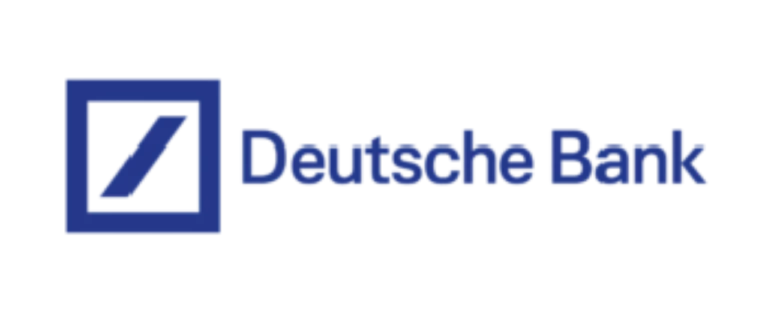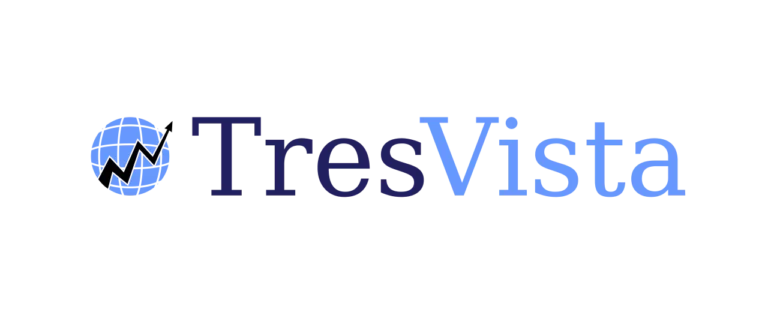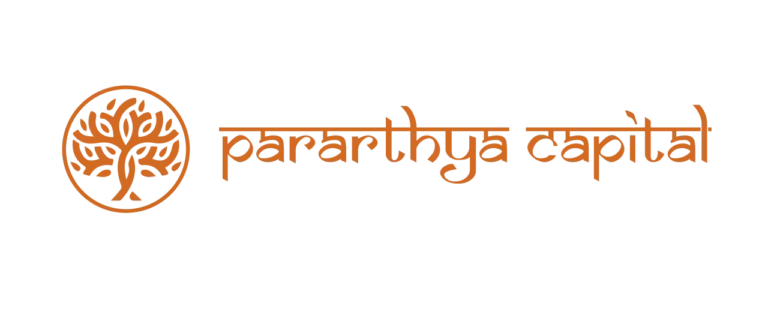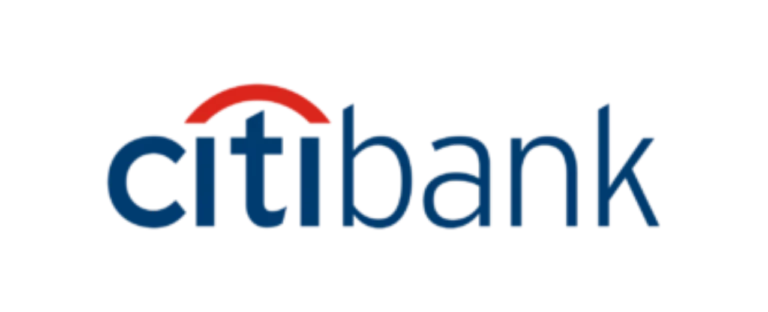Unlock a world of financial expertise with our B.S. Hons. in International Finance, meticulously designed to match CFA standards, ensuring unmatched global recognition and setting you on course for an exceptional career in core finance.
- Government recognized degree awarded by Gujarat University
- Study at H.L. College of Commerce - top ranked commerce college in Gujarat
- Ideal degree to become a global finance professional
- Cutting edge Course curriculum aligned with the latest CFA curriculum
- Well qualified & Industry experienced faculties
- Government recognized degree awarded by Gujarat University
- Study at the H.L. College of Commerce - top ranked commerce college in Gujarat
- Ideal degree to become a global finance professional
- Cutting edge Course curriculum aligned with the latest CFA curriculum
- Well qualified & Industry experienced faculties
4 Years
Undergrad Program with multiple exit options
Admissions
to happen via the GCAS portal
₹ 40,000
Course fees per semester
English
Medium of Instruction
Career Prospects
Portfolio management is the strategic management of investments to achieve financial goals. It involves deciding how to allocate assets, selecting specific investments, managing risks, evaluating performance, and making adjustments over time.
Corporate finance involves managing the financial activities of corporations, including raising capital, making investment decisions, managing financial risks, and optimizing the allocation of resources to achieve the organization’s objectives. It encompasses areas such as financial planning, capital budgeting, mergers and acquisitions, financial analysis, and corporate governance. In essence, corporate finance focuses on maximizing shareholder value while balancing risk and return.
Equity research analyzes stocks to provide investment insights. Researchers evaluate companies, industries, and market trends to recommend buying, selling, or holding stocks.
Venture capitalists invest in high-potential startups in exchange for equity, fueling innovation and growth.
The Stock Trader course equips students with market savvy, analytical prowess, and disciplined trading strategies for success in financial markets.
Wealth management is a comprehensive financial advisory service that combines financial planning, investment management, tax planning, estate planning, and other wealth-related services to help individuals and families achieve their financial goals. In short, it’s about managing wealth to build, preserve, and transfer assets across generations.
A credit analyst evaluates the creditworthiness of individuals or businesses seeking loans or credit. They assess financial information to determine the risk of default and help lenders make informed decisions about extending credit.
Investment banking provides financial services like capital raising, M&A advice, and underwriting to corporations and governments.
Trade finance is a set of financial instruments and products used to facilitate international trade transactions, providing financing and mitigating risks for importers and exporters.
Course Pedagogy
This Course combines theoretical knowledge with practical applications to prepare students for careers in global finance. Here’s a concise overview:
Conceptual Foundations: Students study core concepts in finance, economics, accounting, and international business to develop a strong theoretical understanding of global financial markets, institutions, and instruments.
Specialized Courses: The curriculum includes specialized courses in international finance, covering topics such as foreign exchange markets, international trade finance, multinational corporate finance, and global investment strategies.
Case Studies and Projects: Students engage in case studies, projects, and simulations to apply theoretical concepts to real-world scenarios, analyzing international financial transactions, assessing risks, and developing strategic solutions.
Practical Skills Development: Emphasis is placed on developing practical skills in financial analysis, data interpretation, risk management, and financial modeling through hands-on exercises, workshops, and internships.
Global Perspective: The program fosters a global perspective by exploring the impact of economic, political, and cultural factors on international finance, and encouraging students to analyze financial issues from a global context.
Industry Engagement: Collaboration with industry professionals, guest lectures, and networking events provide students with insights into current trends, challenges, and opportunities in the field of international finance.
Overall, the course aims to equip students with the knowledge, skills, and practical experience needed to thrive in the dynamic and interconnected world of international finance.
Course Outcomes
01

Crack CFA Exams
Participants will gain comprehensive knowledge and effective strategies to crack the CFA exams, mastering quantitative analysis, critical thinking, and time management for success.
02
Global Financial Expertise
Gain a deep understanding of international financial markets, including currency exchange, trade dynamics, and global investment strategies.
03
Ethical Leadership
Students will grasp ethical theories and decision-making in leadership, enhancing communication and empathy for fostering integrity and respect in organizations.
04

Analytical Proficiency
Develop strong analytical skills to evaluate financial data, assess investment opportunities, and manage risks in diverse international contexts.
05
Risk Management Skills
Learn to identify, measure and mitigate financial risks inherent in international transactions, including currency fluctuations and geopolitical uncertainties.
06
Master Portfolio Management Skills
Participants will emerge from the course as proficient portfolio managers, equipped with expertise in asset allocation, risk assessment, and effective communication. They will be prepared for professional advancement and certification, with tailored strategies for success in the field.
Some Companies Where Our CFA Students Work











A Team of Industry Experienced Faculties

Over 8 years of teaching experience at prestigious colleges like NM College, UPG, NMIMS, etc.

8+ years as a portfolio manager and 4+ years of teaching experience at NSE Academy, NMIMS, DSIMS, etc.

5 years of experience as a Financial Planning Manager

Faculty - Leapup Edutech

CFA level III Cleared
2 years of experience as a Research Analyst
FAQs
The course will be offline, with some lectures taken by industry professionals online.
No, the whole curriculum of CFA will be taught in the college itself.
Yes, we will be providing placement and internship assistance.
Yes, we will be covering all three levels of CFA curriculum.
Yes, this course is open for students across the country.
No, we will not be providing the hostel facilities.

